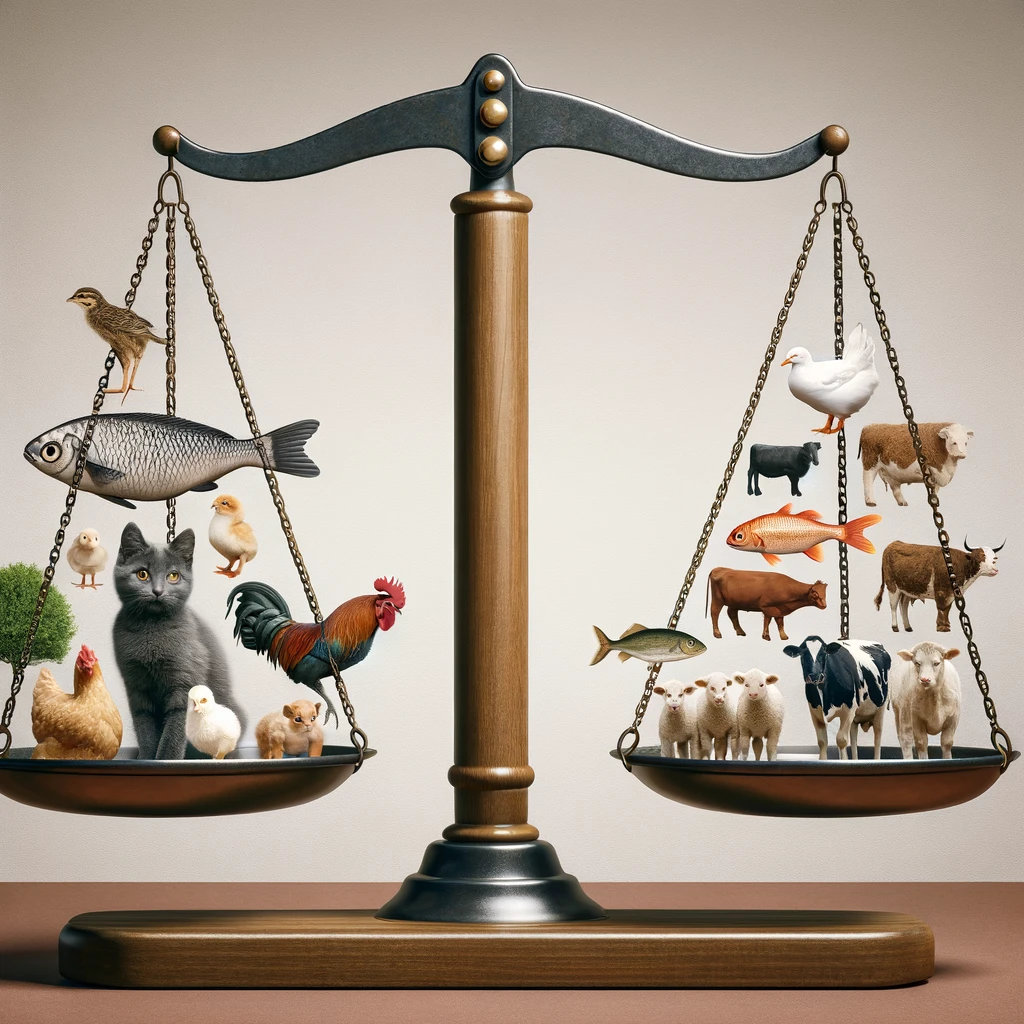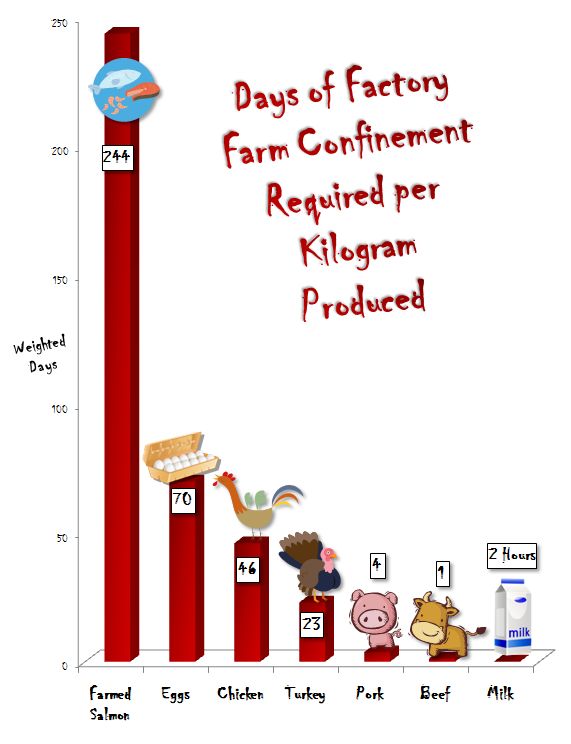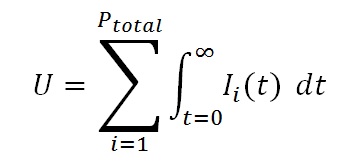The NET outcome of lives saved minus lives lost is likely between 11,000 and 115,000 additional deaths each decade due to added delays and costs of the regulatory process.


The NET outcome of lives saved minus lives lost is likely between 11,000 and 115,000 additional deaths each decade due to added delays and costs of the regulatory process.

If only economists could run for office, the the compound interest on more efficient resource allocation, would have produced a utopia with flying cars by now.

When faced with the decision of rescuing a cat from the pound or allowing it to be euthanized, the ethical considerations can be complex and multifaceted. This article explores the dilemma through the lens of utilitarian calculus, weighing the pleasure and pain generated by each action to determine its moral worth.

The US spends over $60 billion on weight loss products, yet it would only cost $30 billion to end world hunger.

This is a rigorous analysis from the brilliant utilitarian mind of Brian Tomasik originally published at http://www.utilitarian-essays.com in 2005. I made this graph in 2007 to try to illustrate his point visually. Abstract. Consuming equal weights of different animal products may produce vastly different expected amounts of direct suffering. Farmed seafood may cause the most, followed by poultry products. […]

Calculate the utilitarian ethical value of an action with the Felicific Calculus, developed by the philosopher Jeremy Bentham.